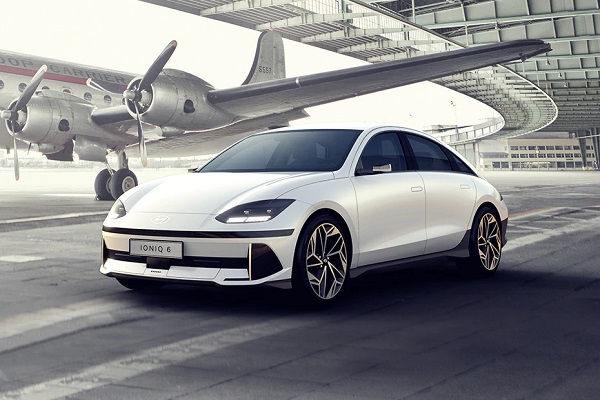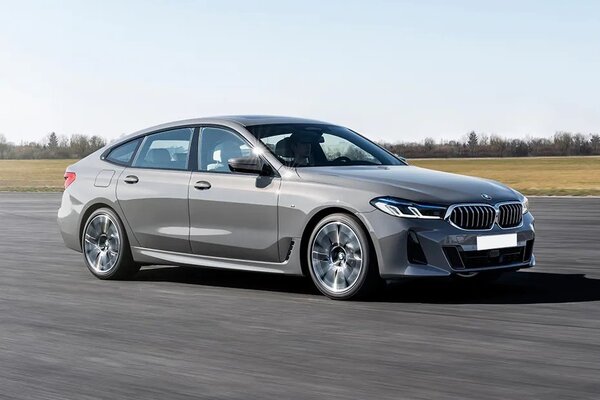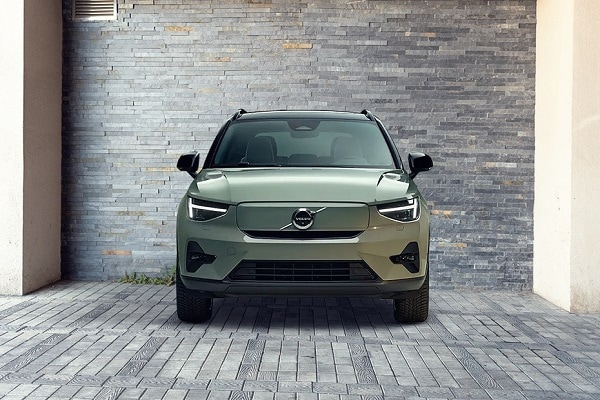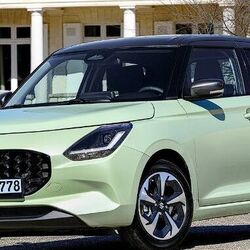Planning to buy new car next year? Here is why car prices will go up in 2023
- Besides the mandatory six airbag rule and inflation, there is one more key reason why carmakers are expected to hike new car prices from 2023.
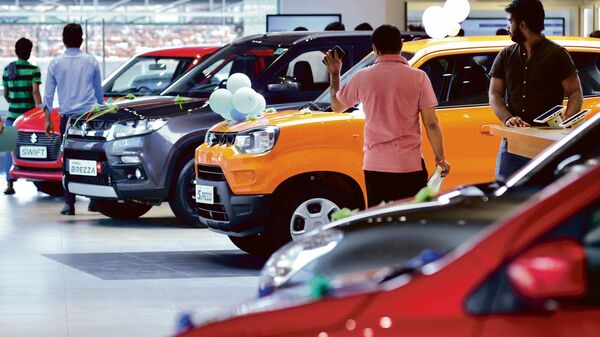

Hike in car and bike prices in India has become a quarterly affair amid rising inflation. Almost every other auto brands regularly revise prices of their line-up every quarter as they continue face rising input costs and challenges due to supply chain issues. Even if these issues are ironed out in coming days, brace for more price hikes next year. There are several reasons behind why auto manufacturers will have no choice but to hike prices.
One of the key reasons why new car and bike prices may see hike as early as April next year is the introduction of the Bharat Stage 6 (BS 6) Phase 2 emission norms. Carmakers are already working to make their products ready for the second phase of BS6, which is considered to be equivalent to Euro-VI emission norms. The new emission norm will require vehicles to be fitted with more sophisticated equipment to meet the new emission standards. The cost of the new equipment are likely to be passed on to consumers who buy new vehicles once auto companies start selling BS 6 phase 2 vehicles.
Also check these Cars
For the new BS 6 Phase 2 norm, all vehicles will come with a self-diagnostic device fitted inside to monitor real time emission levels. It will monitor key statistics like catalytic converter and oxygen sensors. The device will also warn in case the emission levels are higher than prescribed limits. Besides this device, vehicles will also have programmed fuel injectors in order to control the level of fuel burnt and control timing and amount of fuel injected into the engine. Semiconductors will also be upgraded to monitor throttle, crankshaft positions, air intake pressure, temperature of the engine and the level of particulate matter, nitrogen oxide, CO2 and Sulphur.
In 2020, all vehicles in India migrated to BS 6 engines as new emission norms kicked in from April 1. The auto manufacturers invested around ₹70,0000 crore to upgrade its technology and the cost burden was transferred to consumers with an average hike ranging between ₹50,000 and ₹90,000 for cars an between ₹3,000 and ₹10,000 for two-wheelers.
Rahul Bharti, Executive Officer of Corporate Affairs at Maruti Suzuki India Limited, said India's largest carmaker is on course for BS 6 phase 2 transition. "In fact, out of the total 61 applications, we have already transitioned 31 applications to BS VI Phase 2 almost a year ahead of the compliance date. The remaining 30 applications will also be completed within time," he added. Shailesh Chandra, Managing Director of Passenger Vehicle at Tata Motors, said, while the carmaker is ready for the transition, the hike in price "will be not as drastic as what we had seen in transition from BS 4 to BS 6." Veejay Nakra, President of Automotive Sector at Mahindra & Mahindra, said, "There would be a marginal to moderate material cost impact both on gasoline and diesel engines on account of these changes."
Besides the new emission norm, customers will also have to face a price hike closer to October next year when the mandatory six airbag rule kicks in. The new rule, which was earlier expected to be implemented from this month, has been postponed till next year after considering the possible delays to make the changes in all required vehicles.







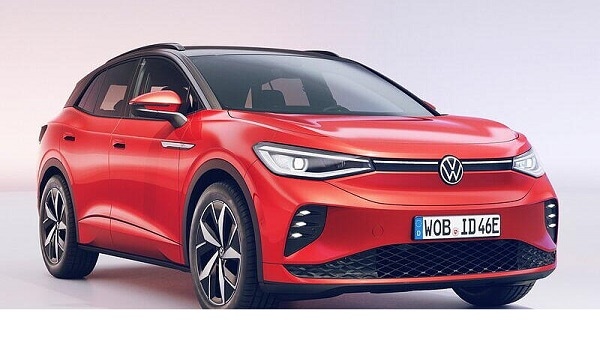
 77kWh
77kWh 418 km
418 km
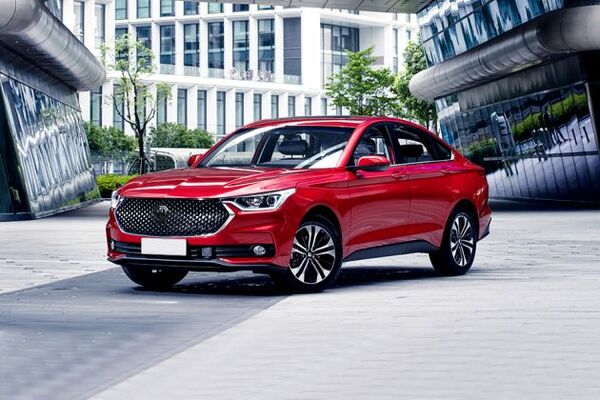
 1498.0 cc
1498.0 cc Diesel
Diesel